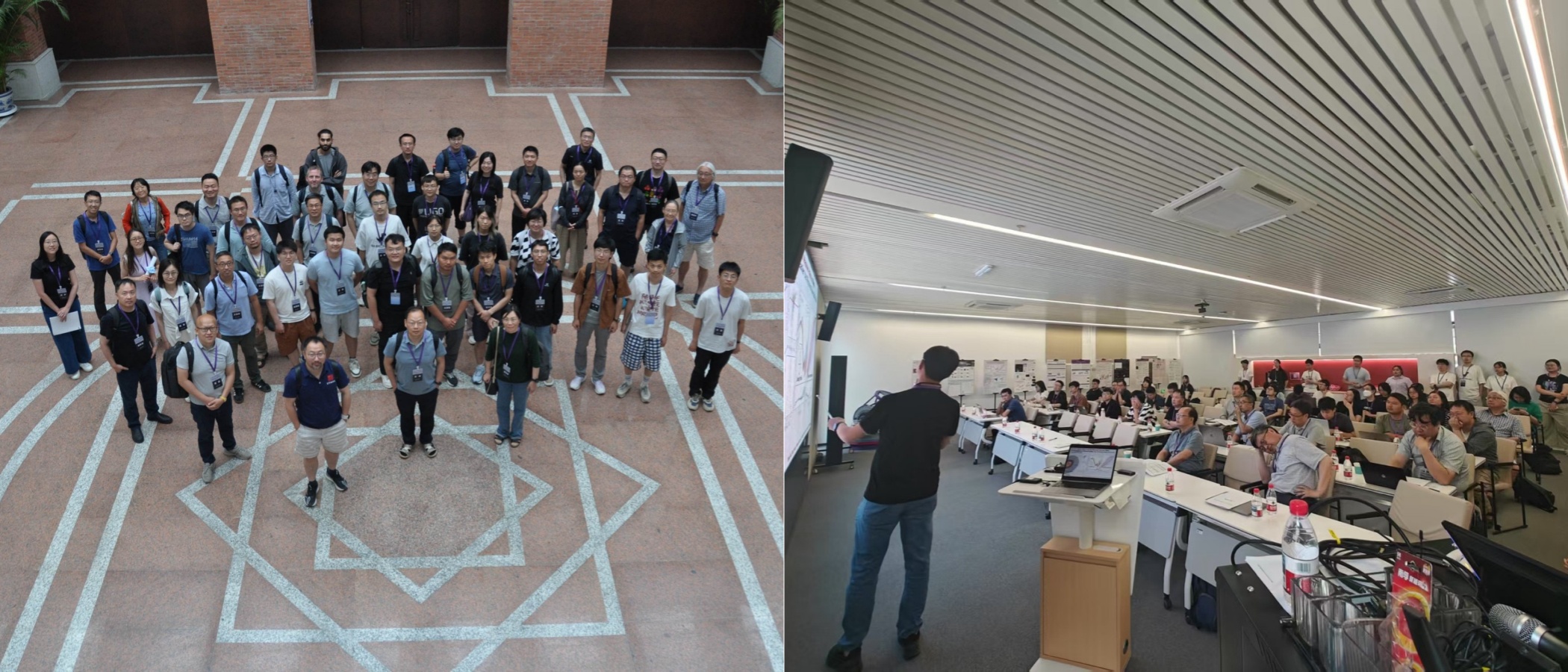From June 18th to 20th, 2025, the symposium "Ten Billion Years of Galactic Ecosystem Evolution" was successfully held at the Department of Astronomy, Tsinghua University. Over 30 experts from more than ten domestic universities and research institutions gathered at Tsinghua to engage in in-depth discussions on the observational, theoretical, and numerical simulation studies of galactic ecosystems.
The Galactic Ecosystem is a core frontier topic in current research on galaxy formation and evolution, encompassing a series of highly challenging key issues. During the symposium, participants focused on four main themes: the galactic baryon cycle and the circumgalactic medium (CGM), observations of galaxies and active galactic nuclei (AGN) spanning low to high redshifts, supermassive black holes and globular cluster systems, and observational and simulation studies of various stellar and gas components in galaxies. A total of 28 academic presentations were delivered. Additionally, four thematic discussion sessions were organized for in-depth exploration. Fifteen graduate students from Tsinghua Astronomy also took the opportunity to present posters and give short talks on their recent work.
Through this symposium, experts identified key questions in galactic ecosystem evolution research, such as reliable definitions and observational studies of galaxy quenching, systematic characterization of the episodic behavior of star formation and gas accretion processes, re-evaluation and refinement of the two-phase galaxy formation model, and exploration of physical processes at the interstellar medium (ISM)-CGM boundary. Building on these shared interests, scholars discussed potential future collaborations.
The symposium was supported by the National Natural Science Foundation of China's Key Project: "Studying the Evolution of Galactic Ecosystems over the Past Ten Billion Years Using Modern Spectroscopic Imaging Surveys and Cosmological Simulations."


